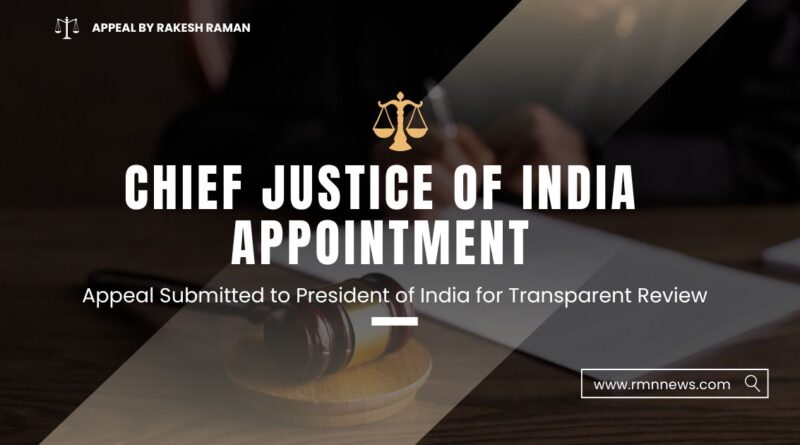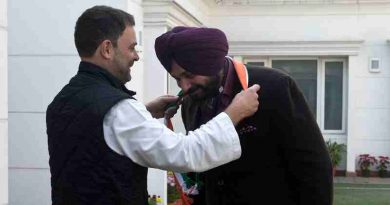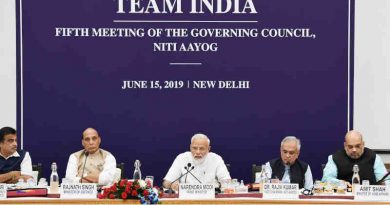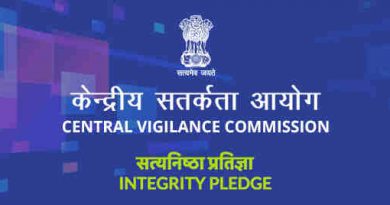Appeal to President: Defer Justice Surya Kant’s CJI Appointment for Transparent Public Review
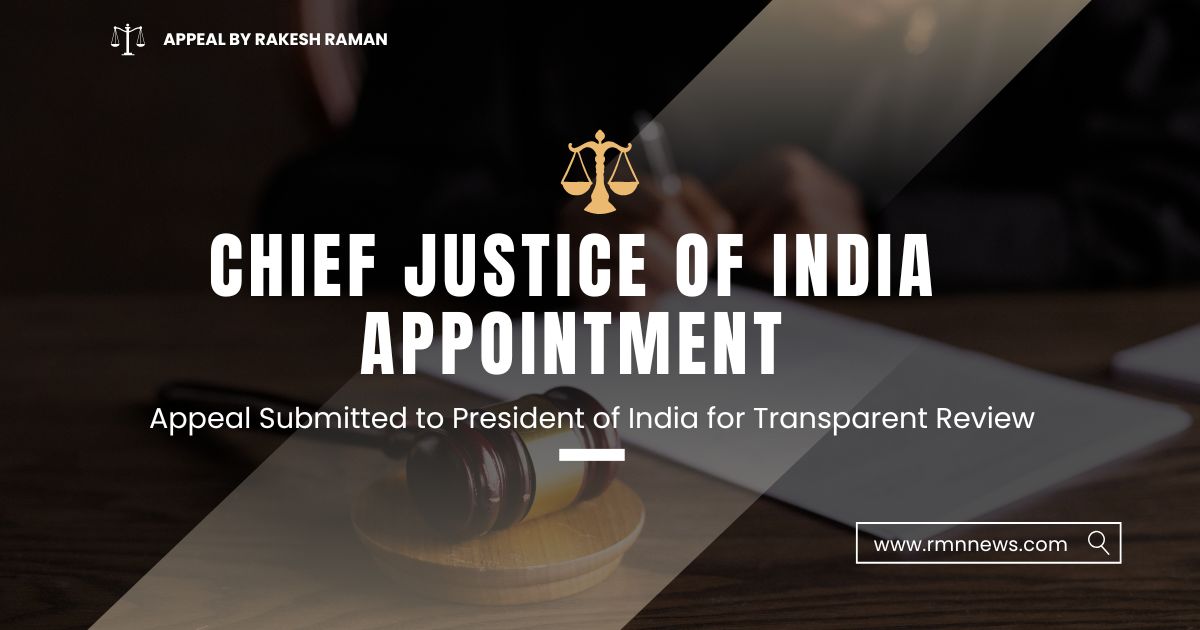
Appeal to President: Defer Justice Surya Kant’s CJI Appointment for Transparent Public Review
The appeal suggests key questions that Justice Surya Kant should be required to answer publicly, addressing allegations regarding financial impropriety, benami property, bail-related corruption, and pledging to decline any post-retirement government or political appointment.
By Rakesh Raman
New Delhi | October 27, 2025
In a major development concerning judicial appointments, an urgent appeal was submitted to President of India Droupadi Murmu on October 26, 2025, requesting that the proposed appointment of Justice Surya Kant as the next Chief Justice of India (CJI) be deferred. The appeal, written by journalist and social activist Rakesh Raman, calls for a transparent and accountable public review before the elevation is finalized.
The appeal was sent following the reported recommendation of Justice Surya Kant to succeed Chief Justice B.R. Gavai, who is scheduled to retire on November 23, 2025. A copy of the appeal was also sent to the Chief Justice of India at the Supreme Court.
Basis for the Appeal: Unresolved Corruption Charges
Rakesh Raman’s appeal is based on detailed findings outlined in the India Judicial Research Report 2025 (IJRR 2025), a publication compiled by Raman and archived on the global research repository Zenodo. The IJRR 2025 dedicates an entire section (Section 17: Judicial Appointments and the Surya Kant Precedent) to highlighting the lack of transparency, ethical oversight, and public accountability in judicial elevations.
Specifically, the report documents multiple public complaints and corruption allegations against Justice Surya Kant that have allegedly remained uninvestigated for more than a decade. The documented record includes serious charges of potential criminal and ethical misconduct:
2012 Complaint (Satish Kumar Jain): Justice Surya Kant was accused of involvement in undervalued real-estate transactions, benami holdings, and tax evasion totaling several crores of rupees, concerning properties located in New Delhi, Panchkula, and Himachal Pradesh.
2017 Complaint (Surjit Singh, prisoner): Alleged the acceptance of bribes in bail orders across multiple NDPS cases between 2015 and 2017, with specific intermediaries identified by name.
2017 Judicial Note (Justice A.K. Goel): This note referred to corruption and casteism in judicial appointments linked to Justice Kant’s tenure on the Punjab & Haryana High Court bench and opposed his elevation to Chief Justice of Himachal Pradesh.
The appeal asserts that none of these allegations have ever been subjected to an independent or public inquiry, noting that the collegium and the Law Ministry have maintained “complete silence” despite the serious nature of the charges.
[ 🔊 मुख्य न्यायाधीश की नियुक्ति पर पारदर्शी अपील: ऑडियो विश्लेषण ]
Demand for Public Vetting and Constitutional Integrity
Rakesh Raman argues that elevating a judge who faces such serious unresolved allegations to the highest judicial office would cause irreparable harm to the credibility of the Supreme Court and the rule of law. The appointment is deemed “not a procedural matter” but a “test of India’s constitutional integrity”.
The IJRR 2025 proposes a mandatory reform: that every future Chief Justice-designate, starting with Justice Surya Kant, should undergo a U.S.-style public confirmation hearing.
This hearing should be conducted by an independent vetting commission composed of retired judges of impeccable record, senior advocates, civil society representatives, and investigative journalists. Furthermore, the appeal demands that:
The hearing must be live-streamed.
The candidate’s judicial record, past complaints, and financial disclosures must be made public.
The appeal suggests key questions that Justice Surya Kant should be required to answer publicly, addressing allegations regarding financial impropriety, benami property, bail-related corruption, and pledging to decline any post-retirement government or political appointment. These questions are presented as the “minimum ethical threshold” for the head of the Indian judiciary.
Specific Requests to the President
Recognizing the President as the constitutional appointing authority, the appeal outlines three respectful urgings:
That the appointment of Justice Surya Kant be deferred until an independent verification of all allegations and a transparent public hearing are completed.
That the collegium system be directed to adopt the framework for public scrutiny recommended by the IJRR 2025, including live-streamed interviews and AI-based integrity audits.
That all candidate records—including financial disclosures, complaints, and judgments—be made public on a dedicated official portal before elevation.
The appeal concludes by stressing that confirming the elevation of Justice Surya Kant without public vetting would set a dangerous precedent, implying that even the highest constitutional office is immune from accountability. Conversely, adopting a transparent process would initiate a “new era of judicial integrity”.
The appeal has been archived for public access on global research repository Zenodo.
🔗 Zenodo DOI: https://doi.org/10.5281/zenodo.17452835
By Rakesh Raman, who is a national award-winning journalist and social activist. He is the founder of a humanitarian organization RMN Foundation which is working in diverse areas to help the disadvantaged and distressed people in the society.
Rakesh Raman | LinkedIn | Facebook | Twitter (X)
💛 Support Independent Journalism
If you find RMN News useful, please consider supporting us.

